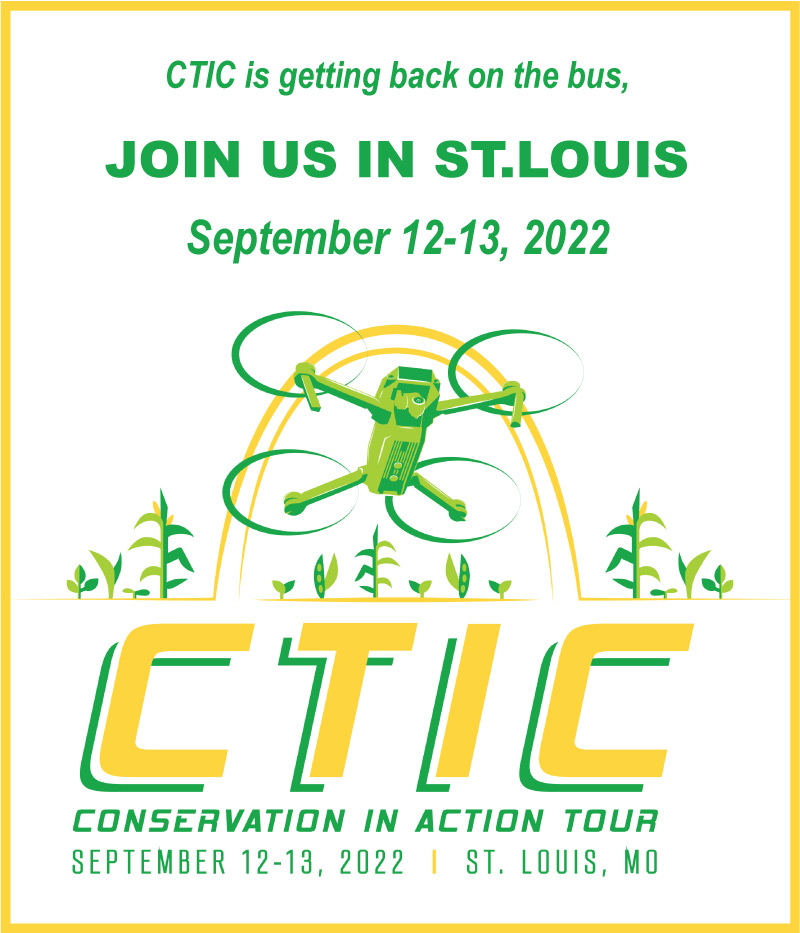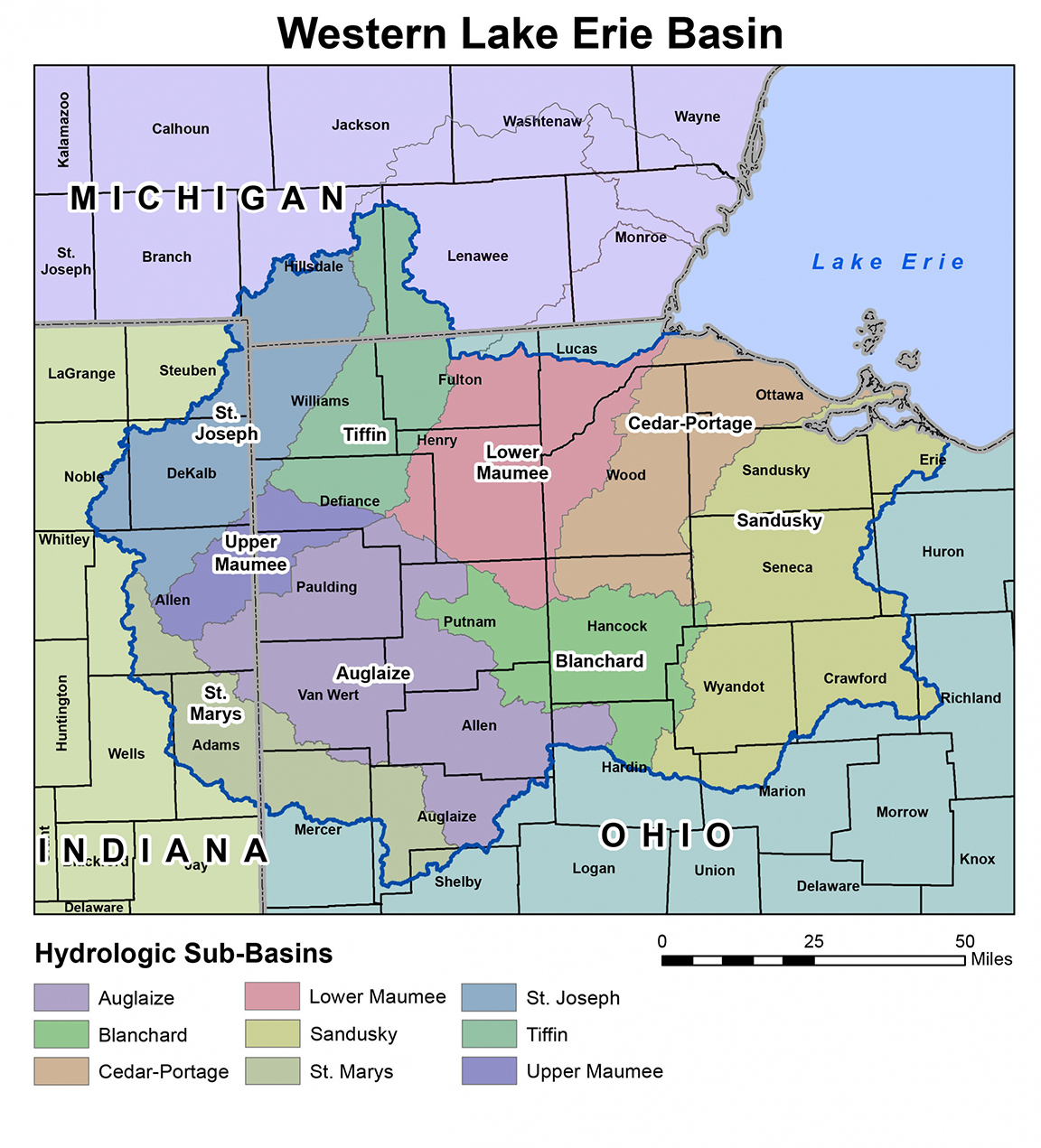Session 6
What's Next? Emerging Concerns
How well do Coliphages Predict the Presence and Concentrations of Human Enteric Viruses in Water and Wastewater?
Mark Sobsey
Dr. Mark Sobsey specializes in environmental health microbiology and water, sanitation and hygiene. His research, teaching and service encompass the detection, characterization, occurrence, environmental survival/transport/fate, treatment, human health effects characterization and risk assessment of viruses, bacteria and parasites of public health concern in water, wastewater, biosolids, soil, air and food for the prevention and control of water-, food- and excreta-borne disease. His research interests address pathogens, fecal indicators and antimicrobially resistant bacteria in the environment, their occurrence, transport and fate, their removal by wastewater, water treatment and water reclamation and reuse processes and their human health risks. He has served on many advisory boards, scientific and technical work groups and in other expert advisory capacities for many organizations, including the World Health Organization, The World Bank, US Environmental Protection Agency, US Centers for Disease Control and Prevention, and the State of North Carolina.
Risk-based Water Quality Threshold for Coliphage in Surface Waters of Different Temperatures
Alexandria Boehm
Alexandria Boehm is a professor at Stanford University in the department of civil and environmental engineering. She received her BS from Caltech in engineering and applied science, and her MS and PhD in environmental engineering from Univ California Irvine. Her research focuses on pathogens in the environment including their sources, fate, and transport in natural and engineered systems. She is also interested broadly in coastal water quality where her work addresses the sources, transformation, transport, and ecology of biocolloids - specifically fecal indicator organisms, DNA, pathogens, and phytoplankton - as well as sources and fate of nitrogen. Presently, she serves on the State of California Ocean Acidification and Hypoxia science task force, and is an associate editor at ES&T and ES&T Letters. She received the ASCE Huber Prize for research in 2016 and an NSF CAREER award in 2007.
Large-scale Patterns of Antimicrobial Resistance Genes and Fecal Indicator Bacteria in United States Rivers and Streams
Scott Keely
Dr. Scott Keely is an EPA microbiologist and has 30 years of research experience in infectious diseases and molecular genetics. His EPA research is highly collaborative and responsive to contemporary public health crises including microbial and chemical contaminants in graywater, wastewater and surface waters, and wastewater-based monitoring of human enteric viruses and recently SARS-CoV-2. Dr. Keely is a member of EPA’s COVID-19 emergency response team that is monitoring SARS-CoV-2 variants of concern in US sewersheds. Dr. Keely received his PhD in an interdisciplinary molecular genetics, biochemistry and microbiology program from the College of Medicine, University of Cincinnati.
Pathogenic Vibrio Species in Southern California Coastal Waters
Rachel Diner
Rachel Diner is a Postdoctoral Research Fellow at the University of California, San Diego in Jack Gilbert’s laboratory. She is the current recipient of an NSF Postdoctoral Research Fellowship in Biology and an NIH-funded San Diego IRACDA Fellowship. She is broadly interested in understanding how coastal microbes influence human, animal, and ecosystem health. Her current work investigates which environmental factors regulate water and shellfish microbiomes, and how this relates to shellfish health and human pathogen and toxin accumulation. She is also interested in the microbial ecology of pathogenic Vibrio species in southern California and investigating the role shellfish-associated microbes play in pollution remediation. She received a BS in Biology from the University of Georgia, a J.D. in law from the University of San Diego focusing on coastal environmental law and policy, an MS in Marine Biology from San Francisco State University, and a Ph.D. in Marine Biology from Scripps Institution of Oceanography at UCSD. Subsequently, she was a joint postdoctoral researcher with the Southern California Coastal Water Research Project and the J. Craig Venter Institute.
International Comparison of Antibiotic Resistance Genes and Microbial Communities from Wastewater Treatment Plant Final Effluents and Receiving Environments
Ayella Maile-Moskowitz
Ayella Maile-Moskowitz is a fourth year PhD student at Virginia Tech in Civil and Environmental Engineering. She has studied antibiotic resistance in wastewater, specifically how wastewater treatment plant final effluent impacts receiving environments and how hospital effluent influences antibiotic resistance within simulated wastewater treatment plants. This past year she has led the wastewater sampling effort at Virginia Tech testing for RNA from SARS-CoV-2, the virus responsible for COVID-19, in campus sewers and at the local wastewater treatment plants. After graduation she aims to continue addressing society's water quality challenges through a career in wastewater research at the university, government, or industry level.
EPA’s Development of Recreational Water Criteria for Coliphage
Kaedra Jones
Kaedra Jones is a Lead Health Scientist at ICF, where she has supported the U.S. EPA's Health and Ecological Criteria Division for the past 11 years. She is the project manager for ICF's work with U.S. EPA focused on activities to support the development of recreational water quality criteria for coliphage. This effort is led by Lesley D'Anglada at U.S. EPA and Ms. Jones is presenting on her behalf. Prior to joining ICF, Ms. Jones was a Graduate Research Assistant at the Ohio State University where she received her MPH with a specialization in Environmental Health Sciences and her BS in Biology.

